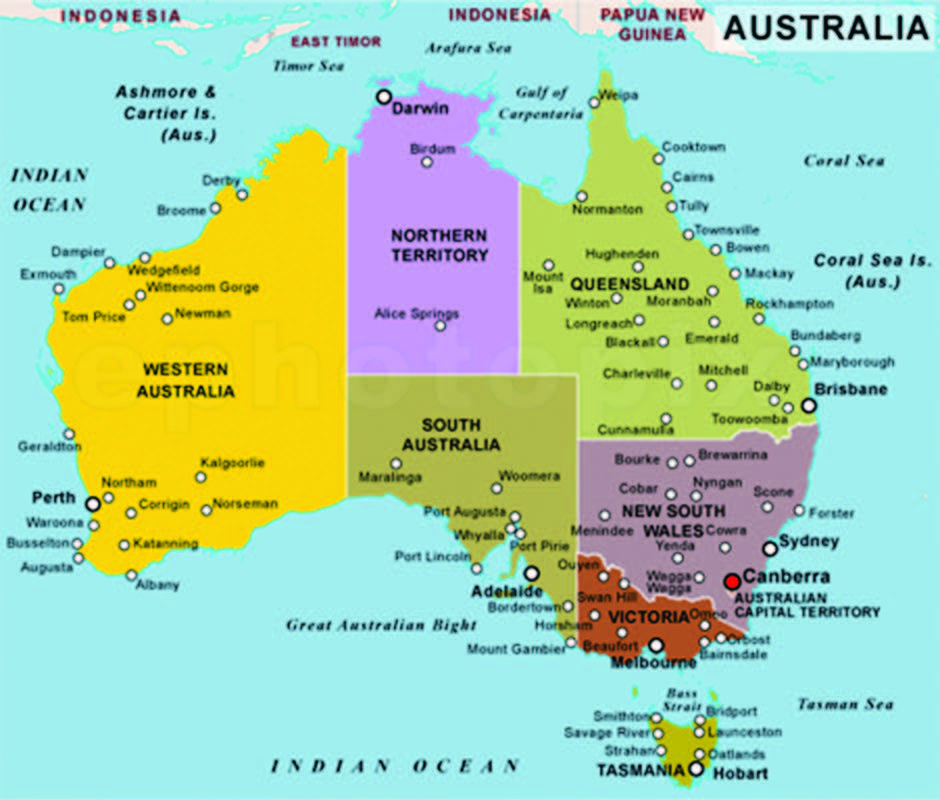 Author, Mike Smith
Author, Mike Smith
Last Updated on December 12th, 2024
We explain what you need to know about SWIFT transfers, including how long they take, the information needed and the costs involved.
What is a SWIFT transfer?
A SWIFT transfer is a secure and standardised method of sending or receiving money from banks anywhere in the world.
A misunderstood fact is that SWIFT doesn’t actually carry out international money transfers directly.
SWIFT is really just a messaging system for banks.
It allows banks to communicate with one another (via SWIFT codes) in order to send or receive international payments.
Why SWIFT is still the ‘gold standard’ for international payments
In a world of rapidly changing technology, SWIFT is now over 50 years old.
So why is it still being used?
Because it’s hard to replicate or replace.
SWIFT consists of a network of 11,000 financial institutions located in over 200 countries and it is owned by its member financial institutions.
Try getting 11,000 banks to agree on a new system!
How long does a SWIFT transfer take?
A SWIFT payment generally takes 1-4 working days.
The time taken varies based on the destination, time zones, and different banking procedures.
SWIFT transfers aren’t instant.
Before your funds are credited to the recipient, they will undergo anti-fraud and anti-money laundering checks, which take time. In fact, that is usually what takes most of the time – waiting for the receiving bank to clear the funds into your account.
Some banks may also route your money via an intermediary bank if there is no direct relationship between your bank and the destination bank. This can also make the process slower by a day or two.
Small banks are more likely to use intermediary banks for international SWIFT transfers.
For example, in the USA there are still lots of smaller regional banks and credit unions. They often route SWIFT payments to a larger bank in New York (such as JP Morgan or Barclays) before the money gets sent on to the destination bank abroad.
What information do you need for a SWIFT transfer?
To send money abroad using SWIFT, you need the following information:
- Name of the person receiving the money.
- Recipient’s address.
- Name and address of the bank receiving the money.
- SWIFT code of the bank (also known as a BIC).
- Recipient’s account number or IBAN.
The SWIFT code just identifies the bank.
The IBAN (International Bank Account Number) is longer and identifies a specific bank account.
How to find a SWIFT code?
The SWIFT code, also known as a Bank Identifier Code (BIC), can be found by searching online. It is not personal information, so it is widely available.
Some banks automatically show the SWIFT code on their statements, but this is not always the case.
For security reasons, it is best to get it directly from a bank’s website.
Note that you are providing the SWIFT code for the bank receiving your money, not the bank you’re sending it from.
An IBAN is longer than a SWIFT code because it also includes specific account information.
IBANs vary in length depending on the country.
They can be anything from 16 to 32 characters long.
There are IBAN generators online that show you the structure of an IBAN for each country.
While it might sound complicated, an IBAN can be broken down into logical parts, so it’s a case of piecing it together.
If you are worried about this step, a money transfer specialist can always assist you with this.
How a SWIFT transfer works (in 4 simple steps)
Step 1: Identification check
All customers making an international payment need to be identified due to global anti-money laundering rules and regulations.
You may need to email a scan or photo of your passport and a recent bill.
Step 2: Secure an exchange rate
To send money from one currency to another, like Pound to Euro, as an example, you need to agree on an exchange rate.
Once you are ready to move your money, a bank or money transfer company will quote you their current exchange rate.
If you are happy to go ahead, the exchange rate quoted will be locked in for you.
Step 3: Send in your money
Before any money is converted, your bank or money transfer company will need to receive your funds.
If you use a bank, they will require your funds before you secure an exchange rate. However, if you use a money transfer company, they may allow you to secure a rate before you send in your money.
Step 4: Your money is converted and sent
After your funds have been received, they will get converted into the currency required at the exchange rate agreed.
The funds are then sent using the SWIFT network to the destination bank account.
What does a SWIFT transfer cost?
While some banks may charge you a small fee for a SWIFT transfer, it’s not really the cost you should be focused on.
When you transfer money internationally using SWIFT, the real cost is charged by the bank or money transfer company to exchange your money.
For international SWIFT transfers, there are generally two types of charges to be aware of:
- Fees
- Exchange Rates
Your bank or money transfer company will charge a combination of fees and exchange rates for SWIFT transfers.
Comparing these costs is important as they can vary enormously.
Banks in particular are know to charge high fees and uncompetitive exchange rates. Money transfer companies tend to undercut the banks on charges and are fully focused on carrying out international money transfers.
SWIFT transfer fees
For SWIFT transfers, the big UK banks can charge an assortment of fees.
The most common types are a transfer fee and a recipient fee.
Fees are normally a fixed amount for every SWIFT transfer.
Here are the fees charged by the UK’s four largest banks:
- Barclays: no fee online or £25 if you use a branch. They also charge the recipient £6.
- Lloyds: charges £9.50 whether online or in a branch, and the recipient is also charged £12.
- HSBC: charge £4 online or £9 in a branch, and the recipient is charged £8.
- NatWest: £15 if under £5,000 or 0.3% (max £40), and the recipient is charged £7.50.
You may also be charged correspondent bank fees if an intermediary bank is used in the process of getting your money to its destination.
Also, if you want to speed up your payment, some of the banks charge a priority payment fee.
The only real way to avoid these fees is to bypass your bank altogether.
Some money transfer companies, such as Key Currency, don’t charge any fees for SWIFT transactions.
It not only saves money; it makes it far more straightforward for the customer to know how much money they will receive.
Getting a better exchange rate on your money transfer
A lot of people focus on the fees and forget the exchange rate.
But the exchange rate is normally the biggest cost of a SWIFT transfer.
Exchange rates are by no means standardised.
In our experience, the big UK banks don’t come close to offering the best rates.
It’s probably because they know some customers will just accept whatever they charge without question.
As a ballpark, you can expect the big banks to charge 2%-5% in exchange rate costs on a SWIFT transfer.
The exchange rate will vary based on the amount you send.
The more you send, the better the rate.
But here’s the most annoying part.
Most banks don’t reveal what exchange rate you will be charged until the last minute.
You normally have to enter all the information they need, invest a bunch of your time, then find out this critical piece of information.
This article is all about the exchange rates charged by each of the big UK banks.
It is worth noting that for larger international transfers, the exchange rate costs tend to be far more significant than the fees.
On a SWIFT transfer of say £120,000, say your bank added a 3% exchange rate margin.
That means they’ve charged you £3,600 just off the exchange rate.
A lot of money is in anyone’s books.
Another important consideration is that the banks won’t provide you with any help with the timing of your SWIFT transfer.
Because exchange rates are continuously fluctuating, timing can be critical.
Some money transfer specialists, such as ourselves, are happy to monitor rates for you and let you know when the rate moves in your favour.
A better exchange rate will ultimately put more money in your pocket.
How safe are SWIFT transfers?
SWIFT is a highly secure and reliable payment network that’s been used for over four decades. It’s estimated that almost half of all cross-border payments globally use the SWIFT network.
Don’t forget, though, SWIFT is just a method of communication that moves money from one account to another.
SWIFT doesn’t handle the money.
Your bank or money transfer company does that part.
That’s why it’s worth making sure you are dealing with a company that is Authorised by the Financial Conduct Authority (FCA).
A bank or money transfer company that is Authorised by the FCA must keep all client funds in a safeguarded bank account used only for customer transactions.
That’s an important protection.
To find out if a company is Authorised just type their name into the Financial Services Register.
Quick Summary: SWIFT money transfers
- SWIFT is a safe and secure payment system.
- To make a SWIFT transfer, you can use a bank or money transfer specialist.
- A SWIFT international payment usually takes 1-4 working days.
- Banks typically cost a lot more for SWIFT transfers than money transfer companies.
- For peace of mind, make sure you use a company Authorised by the FCA.
Who are we?
Key Currency is a leading money transfer specialist.
Every day, we help individuals and businesses move their money around the world.
What sets up apart from other companies is we provide a service.
All customers are assisted with their SWIFT payments to avoid any mistakes or hiccups.
We can also discuss your requirements and agree on the right time to exchange your money, rather than using a bank or online-only system, and having to accept whatever rate they give you on the day.
Our exchange rates are highly competitive, and we charge you no fees on SWIFT transfers.
In terms of regulation, we are an Authorised Payment Institution (Financial Services Register Register No. 753989). All payments are conducted through safeguarded client accounts held at top-tier banks.
Key Currency has a 5-star customer rating on Trustpilot, based on over 2,500 reviews.
If you would like to compare us to your bank or existing provider, simply request a free quote below.
Want to Read More?


 Author,
Author, 



